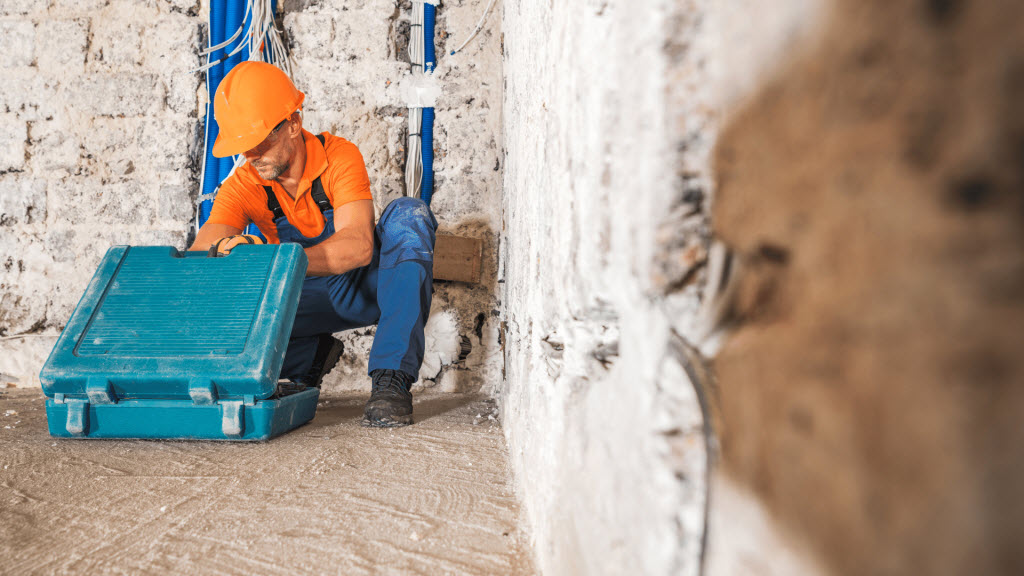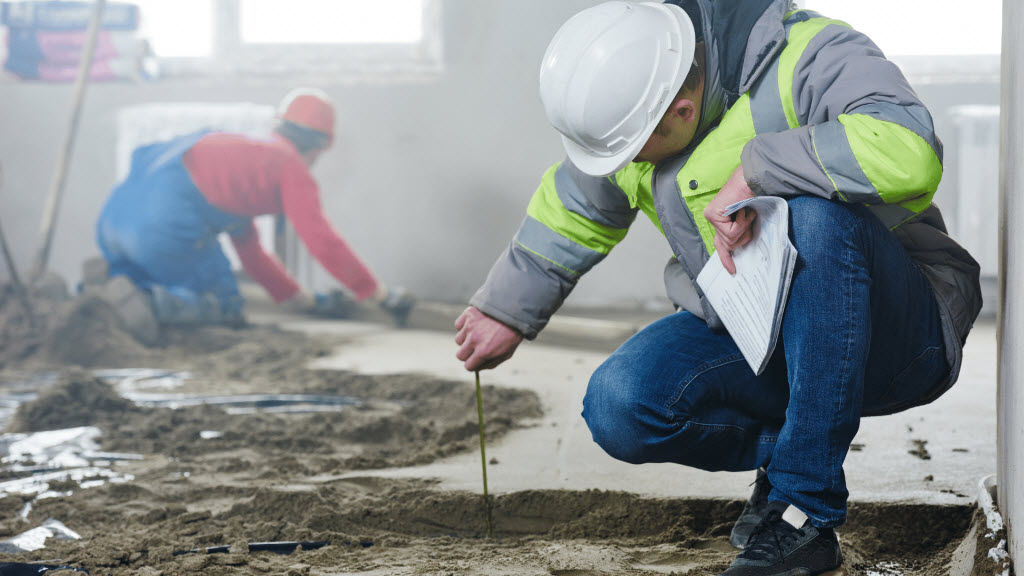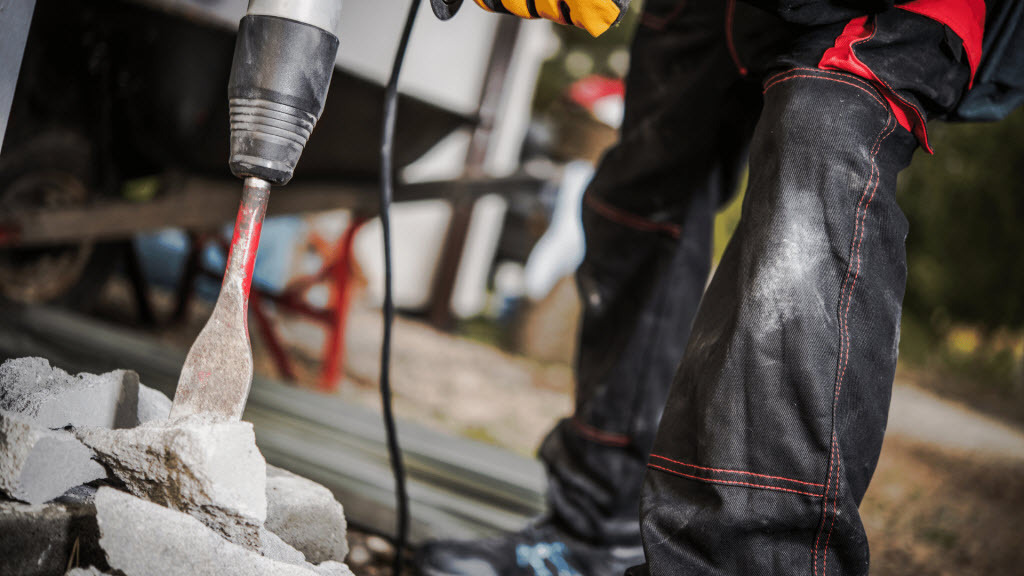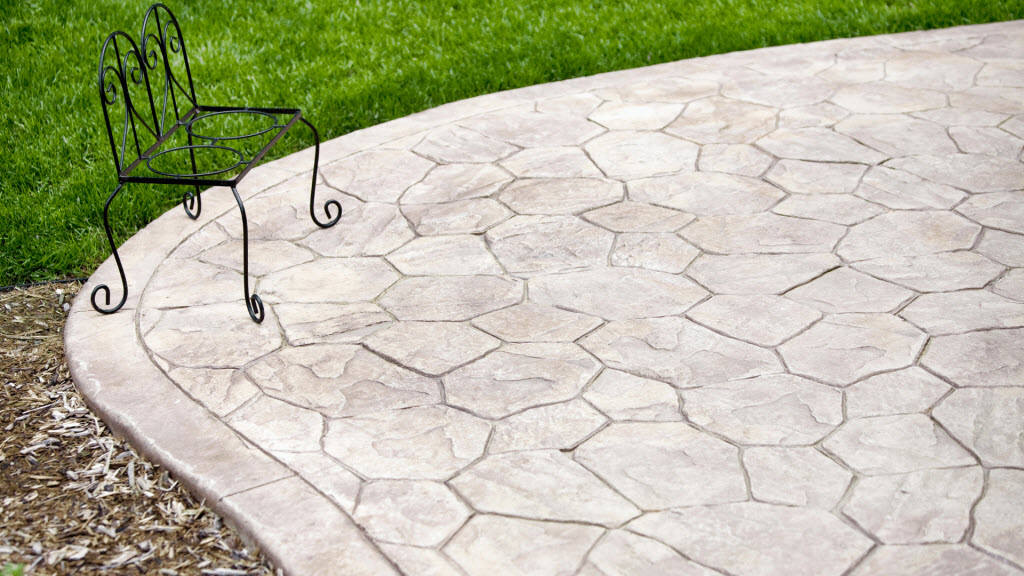best mix for concrete
Every time you pass a newly built building, you can see the results of your work.
polished floor
It's an easy way to update your home's exterior and increase its curb appeal.
Do you need a new driveway? Perhaps your current driveway is damaged and in dire need of repair. No matter what your situation is, you will need reliable driveway contractors to do the job right.

Every time you pass a newly built building, you can see the results of your work.
Concrete work can be rewarding and challenging. It requires attention to detail and a steady hand. For those who are up for the challenge, concrete work can be a fulfilling experience.


Concrete work can be both rewarding and challenging. Concrete work requires precision and a steady hand. Concrete work can be rewarding for those who are willing to take on the challenge.
Fine aggregate refers to sand, crushed stone, or other particulate matter that is small and generally suitable for construction purposes. It is often used as a base material or underlayment for paving projects, driveways, and concrete slabs.

Over time, concrete floors can become stained and discolored. To maintain their original beauty, it is important to clean and protect them on a regular basis. Here are some tips for keeping your concrete floors looking like new.

If you use too much cement in concrete, it can adversely affect the strength and durability of the final product. The amount of cement in a concrete mix is typically expressed as a "cement to sand ratio" or a "cement to aggregates ratio". A higher-than-normal cement ratio means that there will be more cement paste surrounding the individual aggregate particles, which can make the concrete weaker and more susceptible to cracking. Conversely, using too little cement will also lead to substandard concrete; in this case, the mixture will be more likely to experience shrinkage cracking as it dries. It's therefore important to get your proportions right when making concrete, in order to ensure a high-quality final product.
The answer to this question depends on a few factors, including the type of concrete, the weather conditions during and after the pour, and the thickness of the reinforcing bars (rebar). In general, however, a minimum thickness of 4 inches is recommended.
If you are looking for a more specific answer, it is best to consult with a professional engineer.
Adding cement to concrete does indeed make it stronger. cement is a hydraulic binder, meaning it binds well with water. This makes it ideal for use in concrete, as the water helps to activate the chemical process that makes concrete harden. The more cement you add, the stronger your concrete will be.
That being said, there is such a thing as too much cement. Too much cement can actually weaken concrete, as it causes the paste to become too fluid and accelerates the hydration process, leading to cracks and shrinkage. So while adding cement will make your concrete stronger, be sure not to add too much or you could do more harm than good!